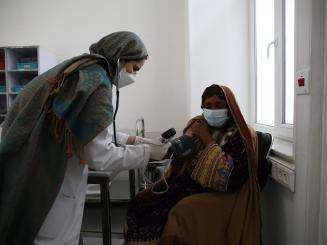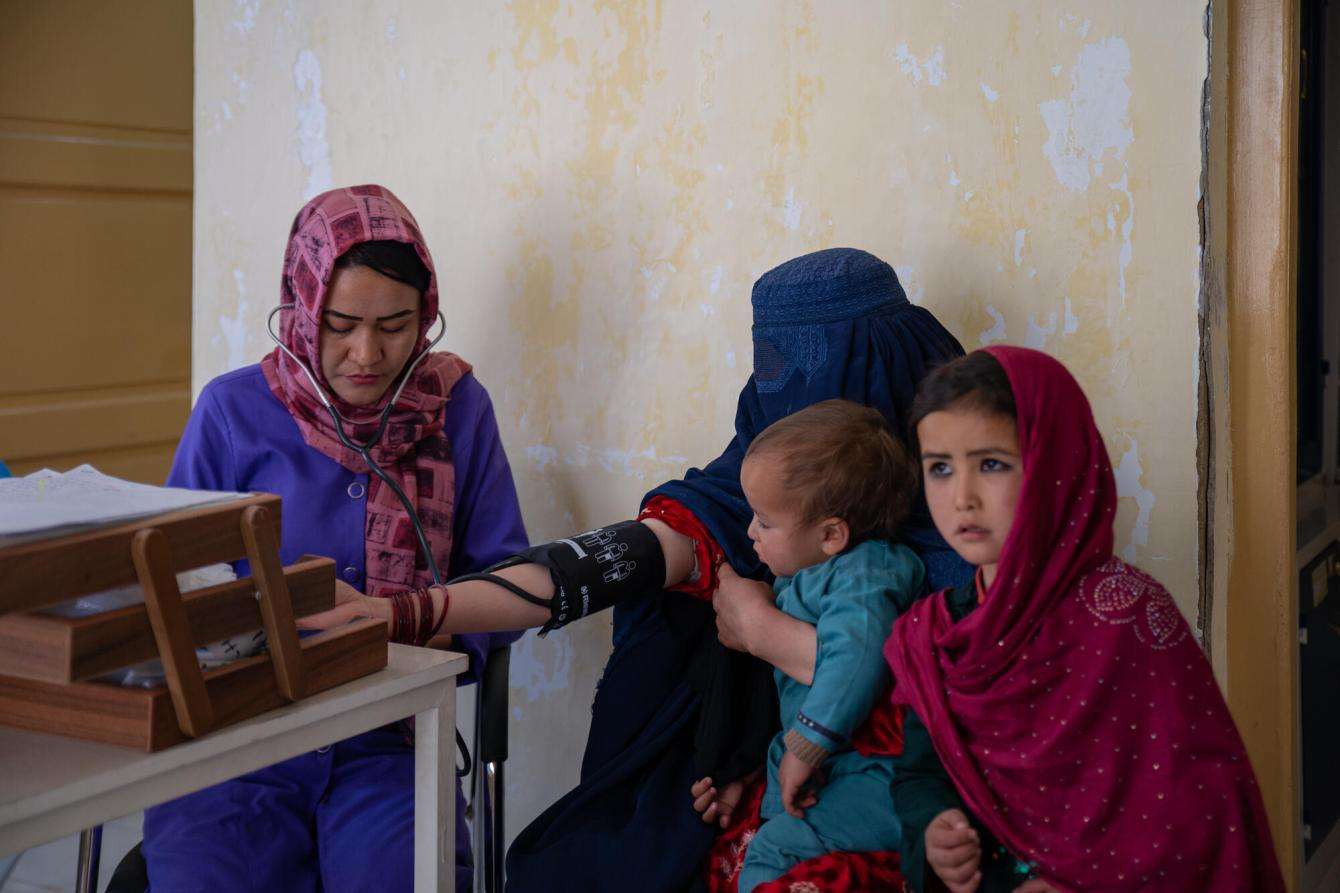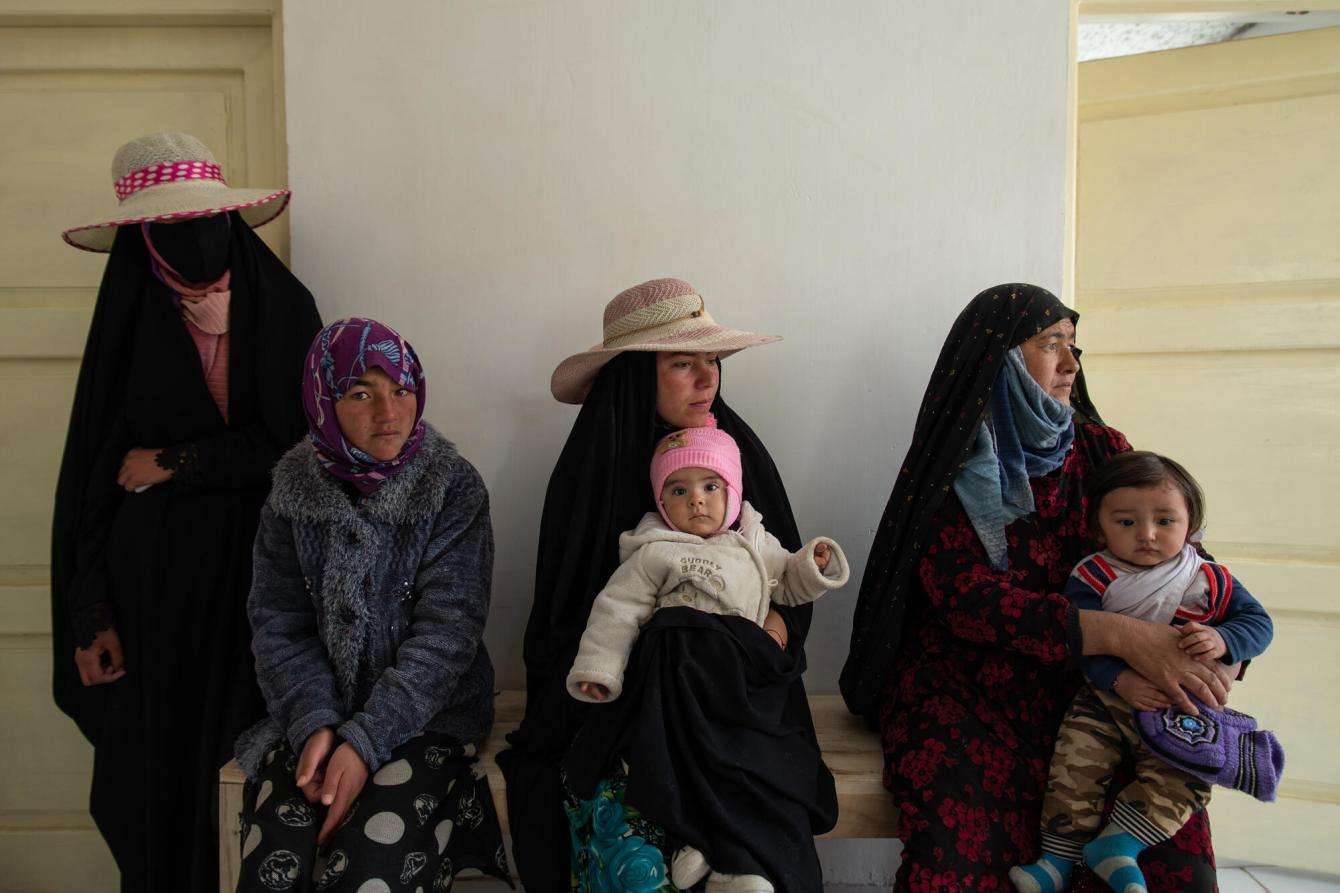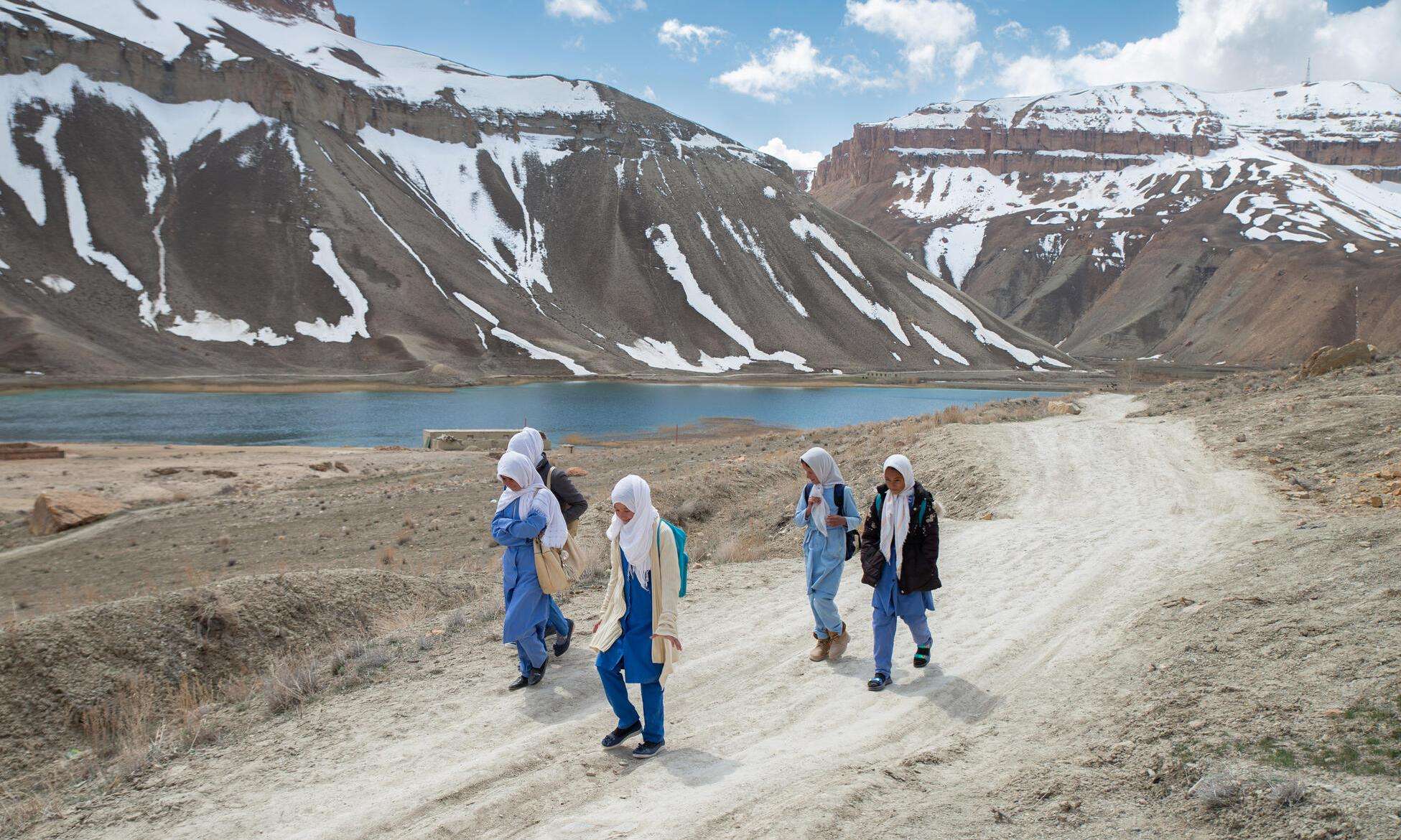When the Taliban took control of Kabul on August 15, 2021, foreign development funding was cut overnight. Afghan assets held in the U.S. and other countries were frozen, and many international organizations left the country. Since then, pressure has been steadily building on an already undersized, over-burdened public health system, making it increasingly difficult for people to access health care.
The situation is particularly difficult for those living in rural areas, where lack of access to medical care remains commonplace, requiring patients to travel long distances for treatment. In a country where 34 million people live below the poverty line many people struggle to afford transportation.
This year, Doctors Without Borders/Médecins Sans Frontières (MSF) has opened eight new health facilities in Bamyan, a province in central Afghanistan whose terrain is over 90 percent mountainous. This region is home to the Hazara community, a historically marginalized and still poor ethnic minority who live in small, remote villages without adequate access to primary health care.
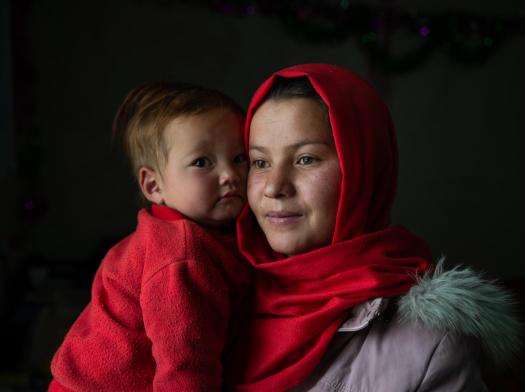
Afghanistan 2023 © Nava Jamshidi
Gender-based restrictions impact women's health in Afghanistan
Afghan women experience massive barriers to accessing care due to gender-based restrictions on their freedom of movement and their ability to work and study under Taliban rule. In Bamyan, it is estimated that over 40 percent of new mothers delivered their babies at home without professional assistance in 2022.
MSF teams have since provided over 1,200 prenatal and postnatal consultations, more than 3,400 pediatric consultations, screened nearly 2,000 children for malnutrition, and referred 75 patients to Bamyan provincial hospital for the treatment of more complicated health issues. Further expansion of MSF services in the region is planned for second half of 2023.
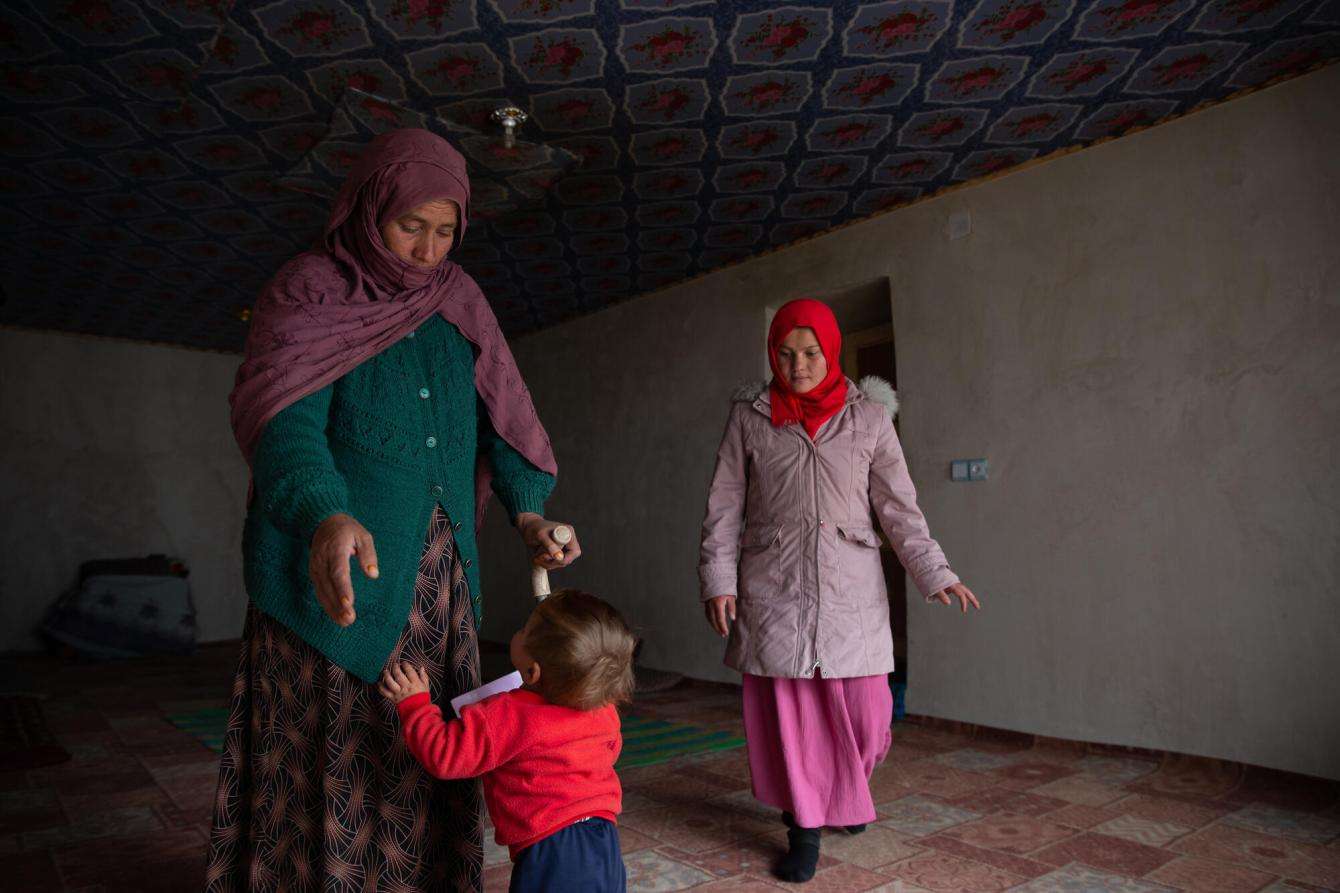
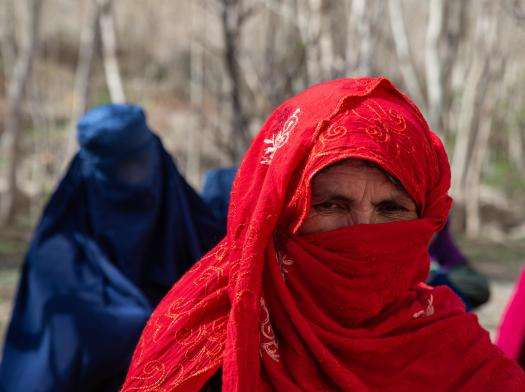
Rohida visited an MSF clinic in Jalmish for treatment for high blood pressure. MSF opened the facility on March 28. Afghanistan 2023 © Nava Jamshidi
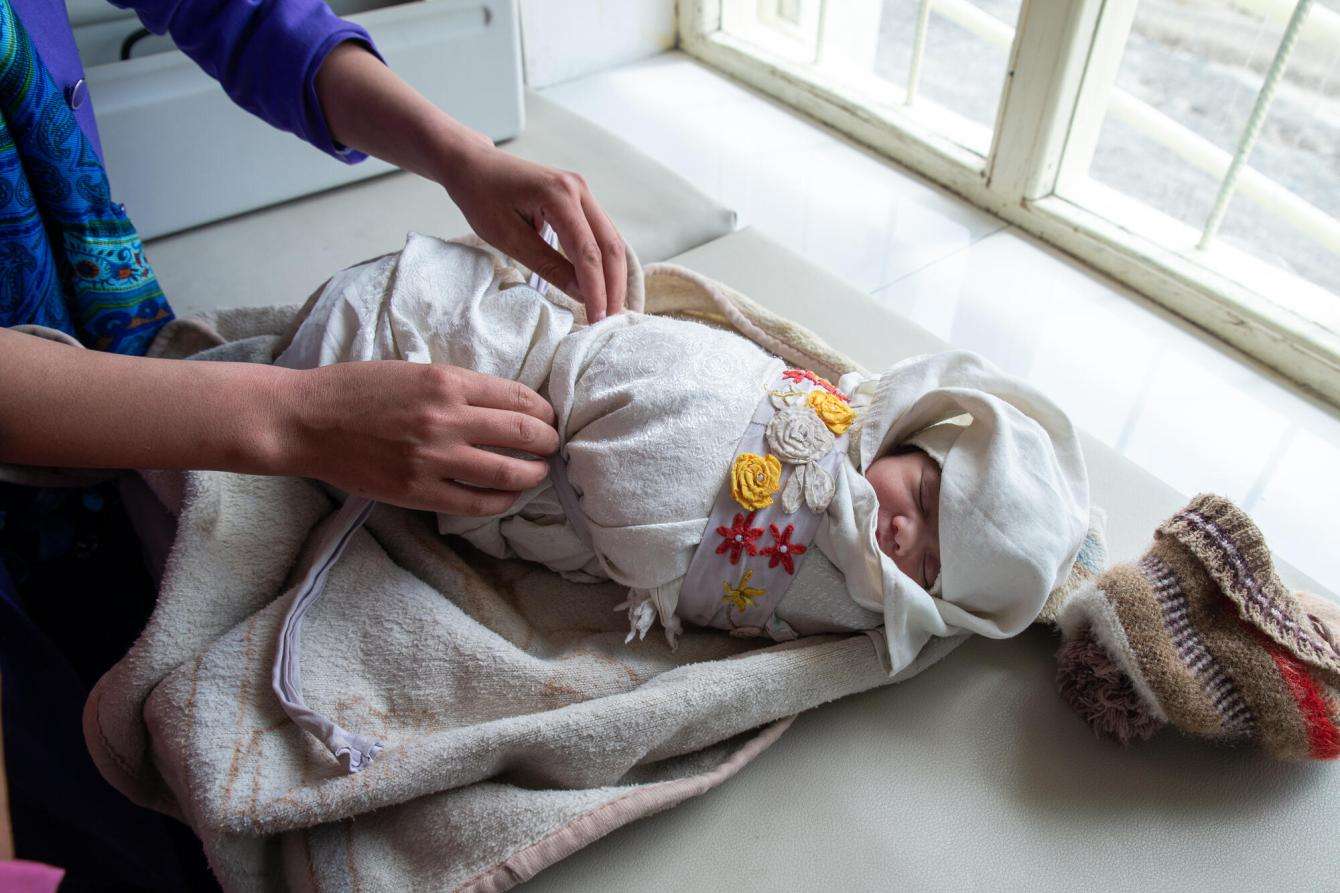
February 06 05:17 PM
Health of Afghans impacted by poverty, restrictions on women, and a broken health care system
Policymakers must strengthen primary health care, address the economic crisis, and ensure women's access to education and employment.
Read More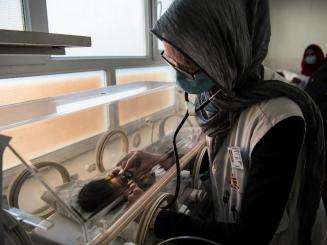
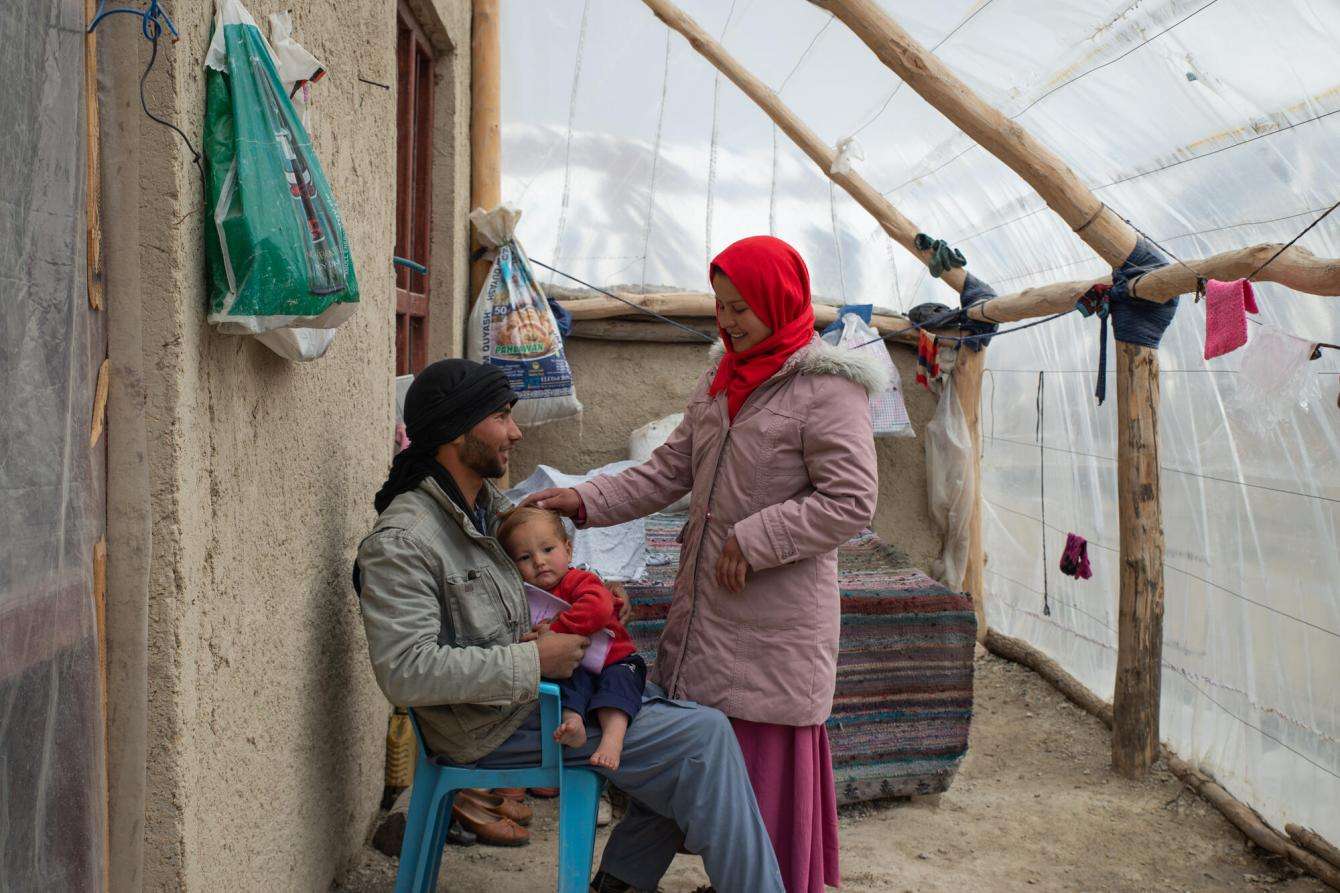

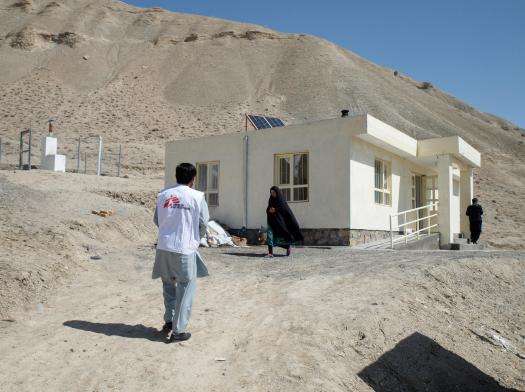
From left: An MSF team travels to Pusht-e-Awaz, a remote valley in Bamyan Province, where MSF supports another health care facility for mothers and their children; the MSF health clinic in Band-e-Amir. In 2023, our teams opened eight such clinics in remotes areas of Bamyan to provide reproductive, maternal, neonatal. and pediatric care in collaboration with local communities. Afghanistan © Nava Jamshidi
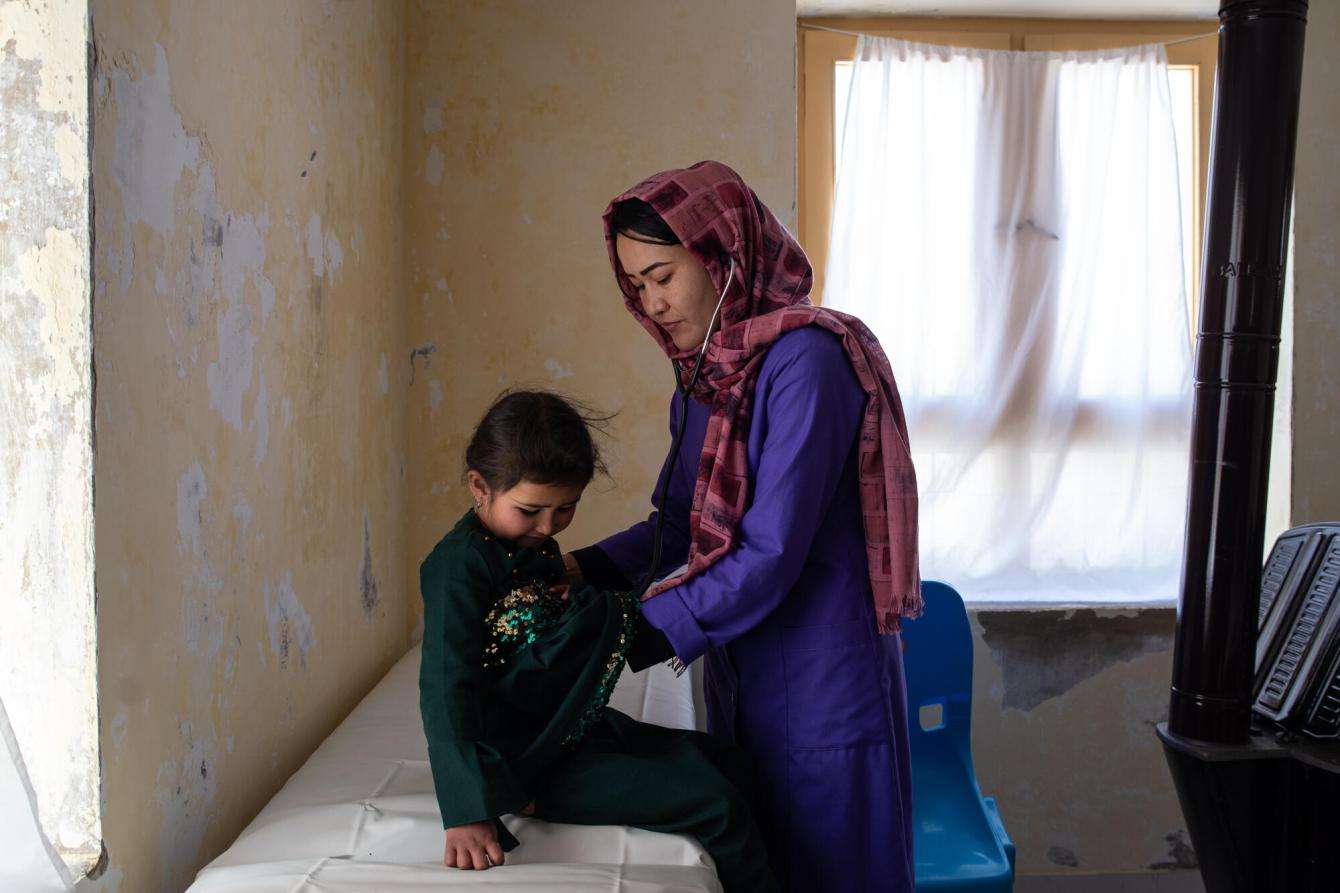
April 05 02:11 PM
Afghanistan: MSF condemns ban on women working for the UN
Ban will only worsen the already dire humanitarian crisis in the country
Read More